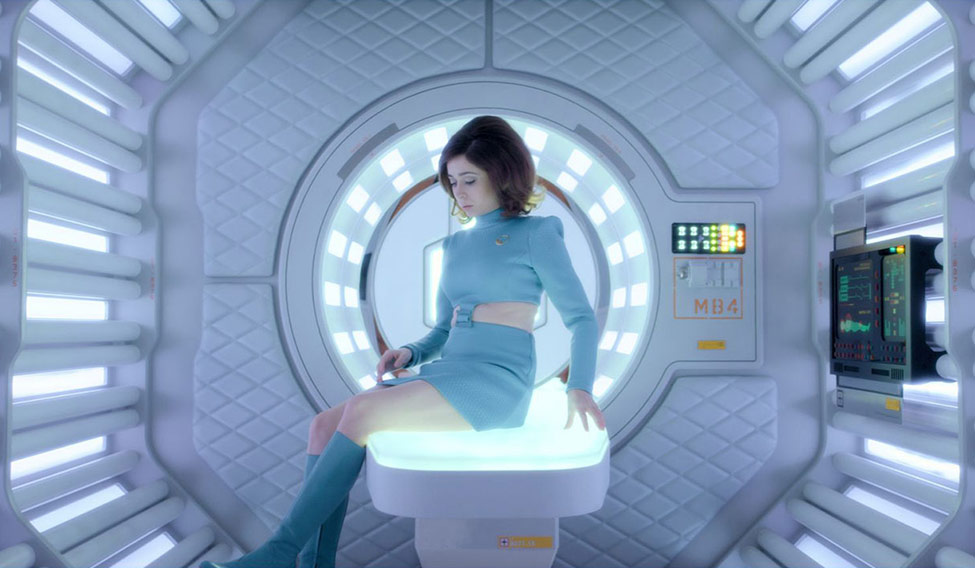Season four of the science fiction television series Black Mirror, an often-bleak take on where technology is leading us, released on Netflix a few days ago. It is utterly compelling in its narrative and the kind of premise it explores. The first episode, USS Callister, for example, is the story of a gifted coder, Robert Daly, at a gaming company, who creates a Star Trek-like simulated world in which he devises alternate versions of his office colleagues using DNA extracted from objects like coffee cups they might have drank from. These virtual versions live life trapped in Daly’s spaceship, unable to escape.
In Hang the DJ, blind dating is regulated by a futuristic dating app called ‘The System’, which hooks you up with multiple dating partners until it finds a 100 per cent match for you. The System determines the restaurant where you will have your meal, what you order, and where you’ll go after the date. Most important, the moment you meet your partner, you can press a button to know how long the relationship will last.
Other subjects that have been explored include harvesting people’s memories, the future of helicopter parenting and the terrifying possibilities of high-end robotics. What has always been magnetic about Black Mirror is the way it exposes our most primal and secret nature through the way we use technology. USS Callister, for example, imagines what will happen if all our dark thoughts about the people we dislike could be actualised through a video game. It gives us a glimpse of the relative nature of morality and ethics. The episodes have been developed with wit, style and imagination. I’m not sure how plausible these scenarios are in the future—it’s scary to think that they might come true – but what is more fascinating are the insights the show gives into why we act the way we do.







